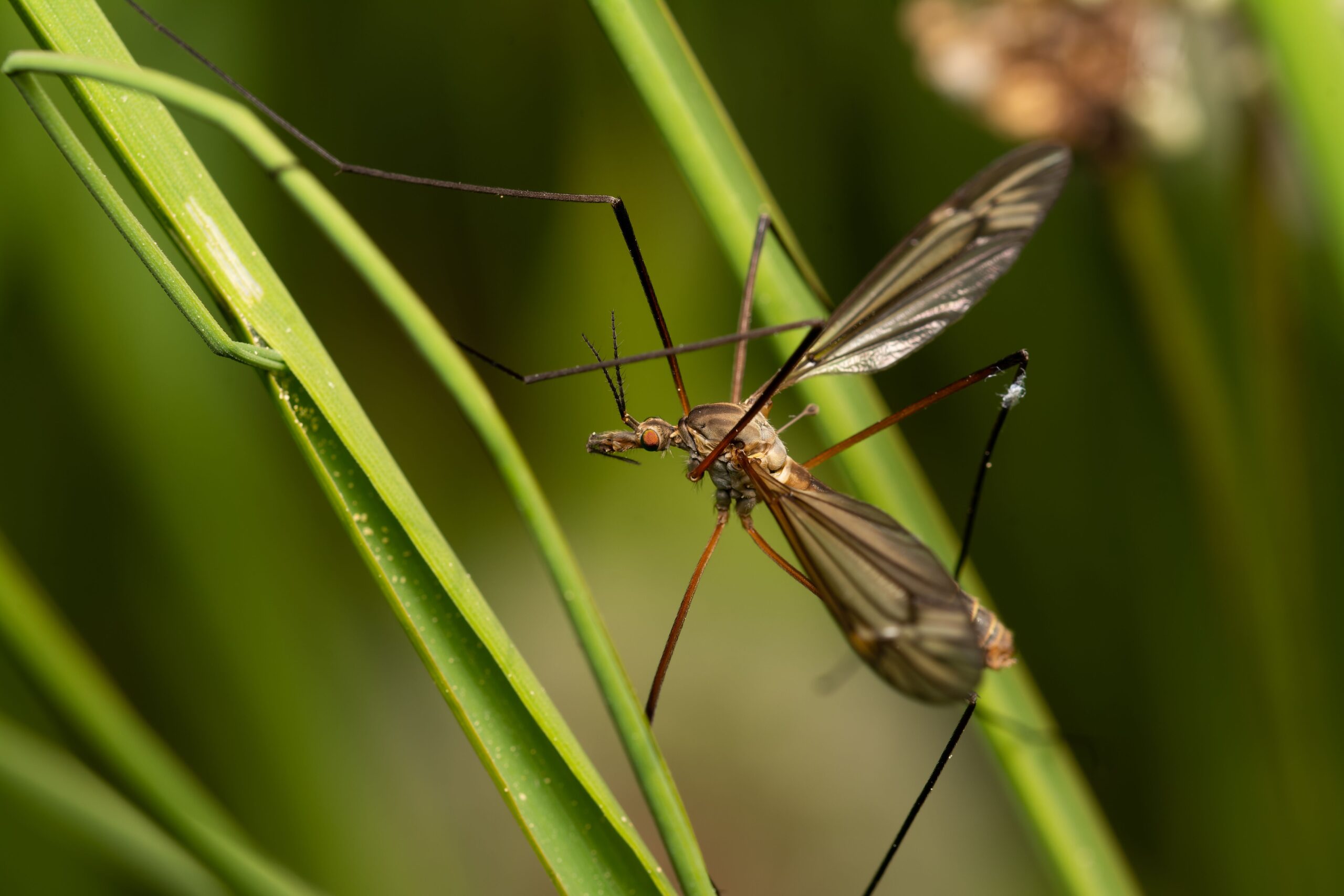This blog post may contain affiliate links. As an Amazon Associate I earn from qualifying purchases.
Camping is a fantastic way to enjoy the great outdoors. However, the great outdoors comes with some not-so-great extras like mosquitoes. Mosquitoes, or more precisely, mosquito bites, can ruin an otherwise pleasant camping trip with itching, inflammation, and sleepless nights. They can also carry viruses like zika, malaria, and West Nile virus to name but a few.
Over the years, I’ve been camping hundreds of times and have picked up some strategies and tips to help keep mosquitoes out of your tent and prevent them from biting. Let’s explore how we can keep these blood-suckers at bay.
Understanding Mosquitoes
In order to deter mosquitoes and prevent them biting you, we need to first understand how mosquitoes behave and what attracts them.
Mosquitoes are attracted campers for several reasons;
- Carbon Dioxide (CO2)
The carbon dioxide exhaled by humans and animals. - Body Odor
Certain body odors and skin secretions, such as sweat as known to attract insects. - Heat
The body heat that is generated by humans and animals. - Pregnancy
Pregnant women exhale more carbon dioxide and have higher body temperatures; this can make them more attractive to mosquitoes. - Standing Water
Female mosquitoes are drawn to standing water as a place to lay their eggs. - Time of Day
Mosquitoes are most active at dawn and dusk.
Campsite Selection
The first factor you can control is where you place your campsite. The location can make a big difference to how likely you are to be bothered by mosquitoes. Try to find a campsite which meets the following criteria:
Elevation
Higher ground tends to have fewer mosquitoes.
Away From Water
Stagnant water is a breeding ground for mosquitoes, so avoid setting up camp close to bodies of water. Rivers and the sea are fine though as these are running water sources.
Personal Protection
There are some personal items you can pack that will help reduce the severity of your mosquito problems while camping. By taking the following precautions, you’ll significantly reduce your chances of being bitten by mosquitoes:
Insect Repellent
Use a repellent that contains DEET, or you can try natural repellents that use essential oils such as citronella, lavender, or lemongrass.
Protective Clothing
Wear long-sleeved shirts and long pants and avoid sandals.
Light-Colored Clothing
Try and wear light-colored clothing, as mosquitoes tend to be attracted to darker colors.
Avoid Scented Products
Mosquitoes are drawn to scents, so avoid wearing any heavily scented soaps, hand creams, or perfumes.
Mosquito Nets and Shelters
Mosquito nets can help protect you from mosquitoes while you sleep. They may not be necessary if you are properly sealing your tent at night, but if you like to have your tent open and have air flow at night, mosquito nets are a must-have!
Antihistamines
Antihistamines can help reduce the itching from insect bites. I recommend you start taking them daily for a few days before you go camping rather than wait until you are bitten as some types can take sa couple of days to have their full effect.
Campsite Maintenance and Tips
Mosquitoes, and other insects, are attracted to decomposing food and waste. Consider doing the following;
Trash Disposal
Properly dispose of your waste in sealed containers.
Food Storage
Store food in airtight containers or a cool box.
Avoid Dawn and Dusk
As mosquitoes are most active during dawn and dusk, so avoid being outside during these times.
Citronella Candles and Torches
You can use citronella candles or torches to create a mosquito-repelling barrier around your campsite, however, this can pose a fire risk so check the conditions at the campsite before doing so.
Use Portable Fans
Setting up portable fans in your tent can help keep mosquitoes away, as they are weak fliers and struggle against air currents (even those from a small portable fan).
Maintain Personal Hygiene
As best as you can, try to keep yourself clean as body odor will attract mosquitoes.
Keep Lights Dim
Mosquitoes are attracted to bright lights. Use dim lights to make your campsite less attractive to these pests at night.
Natural Remedies
There are plenty of natural ways to ward off mosquitoes; two of my favorites are…
Plant Mosquito-Repelling Herbs
Citronella, lavender, and lemongrass are all known to repel mosquitoes. You can carry some with you or use a tincture of the oil of these plants and apply some to your skin.
Campfire Smoke
Smoke from a campfire will prevent mosquitoes. This does mean that you have to sit in the path of the smoke, which isn’t always everyone’s idea of fun.
Use Natural Mosquito Traps
Create a simple mosquito trap using a mixture of yeast, sugar, and water in a plastic bottle. Mosquitoes are attracted to the carbon dioxide produced by the yeast and will get trapped in the bottle.
Apply Apple Cider Vinegar
Apple cider vinegar can be used as a natural mosquito repellent. Mix equal parts apple cider vinegar and water in a spray bottle and apply it to your skin to deter mosquitoes.
Final Thoughts – Protect Yourself From Mosquitoes While Camping
while mosquitoes can be a persistent nuisance during camping trips, implementing a few proactive measures can make all the difference in keeping them at bay. From choosing the right campsite location and wearing protective clothing to using insect repellents and maintaining campsite hygiene, each step can contribute to a more enjoyable and mosquito-free camping experience. Remember, a little preparation goes a long way in preventing mosquito bites, so pack your essentials, stay vigilant, and enjoy the great outdoors without the buzz!
FAQs
What attracts mosquitoes to campers?
Mosquitoes are drawn to carbon dioxide from breath, body odor, body heat, and even certain conditions like pregnancy. Additionally, they’re most active around dawn and dusk and are attracted to standing water where they can lay eggs. Choosing a high, dry campsite and avoiding fragrances can reduce your mosquito exposure.
What is the best mosquito repellent for camping?
Insect repellents with DEET are highly effective, but natural alternatives like citronella, lavender, or lemongrass-based repellents can also help. Applying these regularly, especially at dawn and dusk, can help protect you from bites.
Are there natural ways to keep mosquitoes away?
Yes, there are several natural mosquito repellents, including citronella candles, campfire smoke, and herbs like lavender and lemongrass. You can also make homemade mosquito traps using yeast, sugar, and water to lure mosquitoes away from your campsite.
How can I keep mosquitoes out of my tent?
Seal your tent properly to prevent mosquitoes from getting in, especially at night. Use mosquito nets if you prefer ventilation. Portable fans can also help since mosquitoes struggle to fly against airflow.


